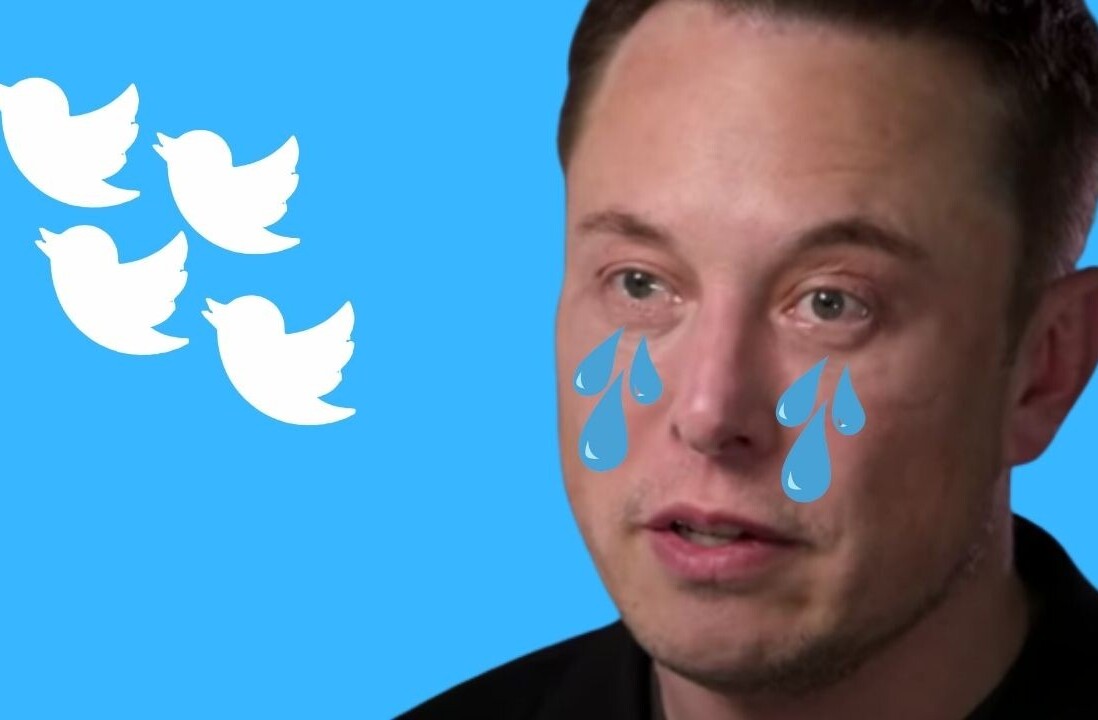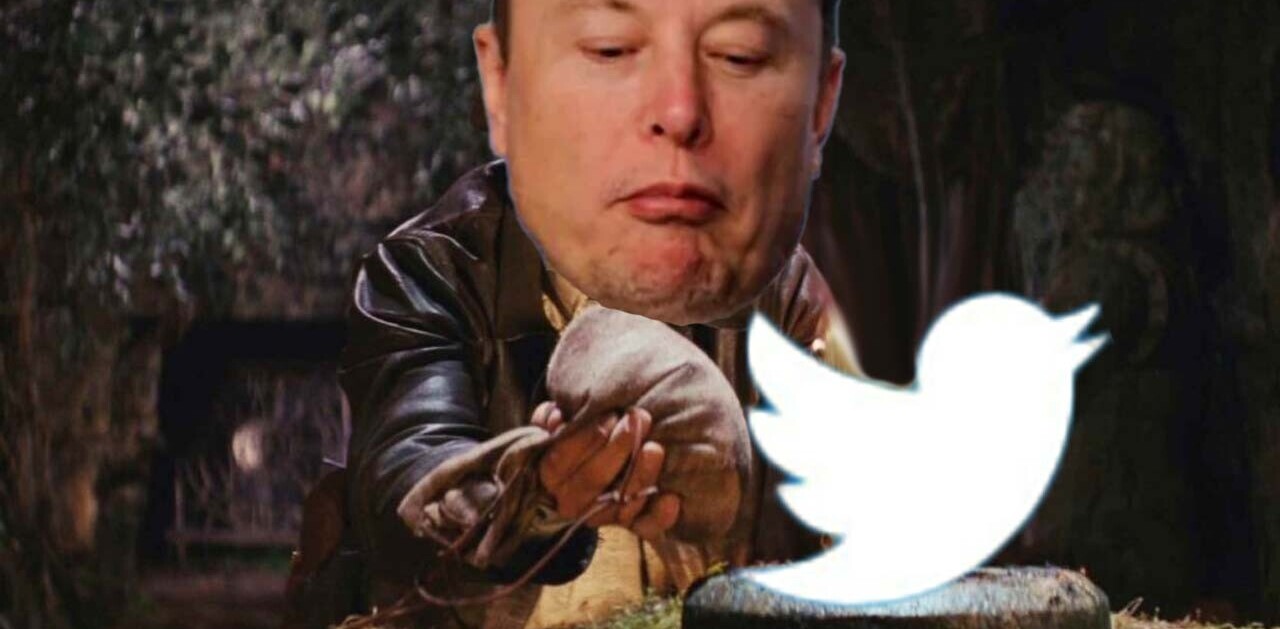
Twitter has been criticized over the weekend for a revelation from its IPO filing that the New York Times reported on — the company only has one woman sitting among its top officials.
That would be the general counsel, Vijaya Gadde, who took over five weeks ago when the previous guy unexpectedly resigned.
The company also has a lack of senior women represented across its senior positions.
The social networking site has already drawn a lot of flak for this fact from all over the tech world and then CEO Dick Costolo decided to chip in his two cents’ worth. He took to (where else) Twitter to make a comment about Vivek Wadhwa, the academic who spoke to the New York Times and commented that Twitter possessed the “elite arrogance of the Silicon Valley mafia” and “male chauvinistic thinking.”
@rich1 Vivek Wadhwa is the Carrot Top of academic sources.
— dick costolo (@dickc) October 5, 2013
For those who don’t catch the Carrot Top reference, it apparently points to the American comedian of the same name — and it seems like Costolo was making fun of Wadhwa for being too over-the-top (as seen in another tweet he made).
@anildash huh??? I was making fun of his propensity for silly hyperbole. I didn’t say anything about the topic or even reference it!
— dick costolo (@dickc) October 5, 2013
By now, all of you must surely be thinking: what a dickhead Costolo is.
The gender gap in tech companies is a hot-button issue that people have been harping on for years. Why is it that tech companies tend to hire more men than women? There must be some chauvinistic attitude at play here.
However, the gender imbalance in a tech company is really way more than just finding (capable) women and putting them on board among top officials. Of course Twitter should set an example as a progressive tech company, but honestly the problem goes way deeper than that — it goes back into the depths of history where women have been traditionally molded into certain roles that affect their study choices, which eventually influence their career choices.
It’s about skill sets, not about gender
First up, I want to say that I obviously would appreciate having more women in the tech scene.
However, in the midst of all the anger about Twitter propagating the gender imbalance by not wanting to hire more women, there is a propensity to forget about what is more important when it comes to selecting someone to be in the top ranks: talent.
The New York Times article states that according to research firm Catalyst, only about 2 percent of women have a degree in a high-tech field, and only 5.7 percent of employed women in the US hold a job in the computer industry.
As a tech company, a large part of Twitter’s employees would obviously be hired for the technical side — and therefore in turn executives.
What is interesting here is that there simply is a supply-side problem, as already pointed out by Twitter’s CTO Adam Messinger back in March when he did an interview with the Times. Only 2 percent of women chose to get a degree that teaches high-tech skills, that is the technical know-how needed in bigger numbers by a tech company. Is it any wonder there aren’t that many software engineers who are women — when so many women did not choose to major in such a specialization at college?
It is natural that women who work in tech companies tend to veer toward the non-technical side of things, considering what they studied. Case in point: Twitter hires several vice presidents on the business side who are women — but not on the technical side.
I do believe that despite the small number of women who studied the technical know-hows of technology, there are still many women out there who are talented software engineers, for example. However, with so many tech companies trying to address the gender issue and hiring them away, it is not easy to find someone who is the exact right fit for your company, and happens to be a woman at the same time.
The rule of thumb for companies is simply to hire the most talented person available. Of course, many think men will hire like for like, therefore perpetuating the dominance of men sitting among the top positions at tech companies. However, I am assuming Twitter was not dumb enough to give up on a woman with equal qualifications and suitability as a man who was running for the same position.
Costolo tries to explain it (though he might need to practise having more tact) in a tweet to Wadhwa.
@wadhwa you’re not seeing my point. you give people an easy out by just checking a box. The issues are much bigger than checking any 1 box.
— dick costolo (@dickc) October 5, 2013
Change requires a lot of time
Of course, there is much to change about the status quo. However, what needs to change requires a lot of effort not only on these tech companies’ part, but also on society’s part. Basically, if you have more women heading into college and specializing in high-tech skills that will eventually benefit these companies, you will have no excuse not to hire a woman. And this issue of education is what needs to be addressed and changed ultimately, not the tech companies’ hiring policy.
After all, any company in its right mind should definitely include these two very important criteria when hiring: talent and suitability.
To overturn the trend now of a lack of women representatives in the tech scene requires a whole generation to be educated in a different approach from the previous generations — parents need to be more open about letting their daughters explore their geeky side, the curriculum needs to be geared toward equality for all subjects in school, and teachers need to be more proactive about developing talents in their students regardless of gender.
In fact, change has started to emerge. Many women in the tech world have started to be thrust into the limelight — and for good reasons. Marissa Mayer, who heads Yahoo, is one. She has taken over a major tech company and is steering it through difficult waters. Another one would be Sheryl Sandberg, the chief operating officer of Facebook. As a woman myself, I am immensely proud of them.
Many say that Twitter should be a role model and take the step forward in increasing its number of female hires, especially in senior positions. I believe that if and when they find women who are suitable for certain roles, they will do so.
We should have more faith in the fact that women aren’t getting hired just because we are women, and there is really no need to focus on gender. It all boils down to talent and suitable skill sets, and if a woman has enough of these versus a male competitor, she could thrash him for sure.
Leave gender in the background. Focus on skills instead. I don’t want to be hired because I’m a woman. I want to be hired because I’m the best at what I do — compared with other women, and men. And if there is so much attention being given to efforts that try to balance the gender equation, it may lead women to wonder: am I being placed in this role as a token female, or is it really because of my capabilities?
Headline image via Leon Neal/AFP/Getty Images, other images via Getty Images, Getty Images and Getty Images
Get the TNW newsletter
Get the most important tech news in your inbox each week.








